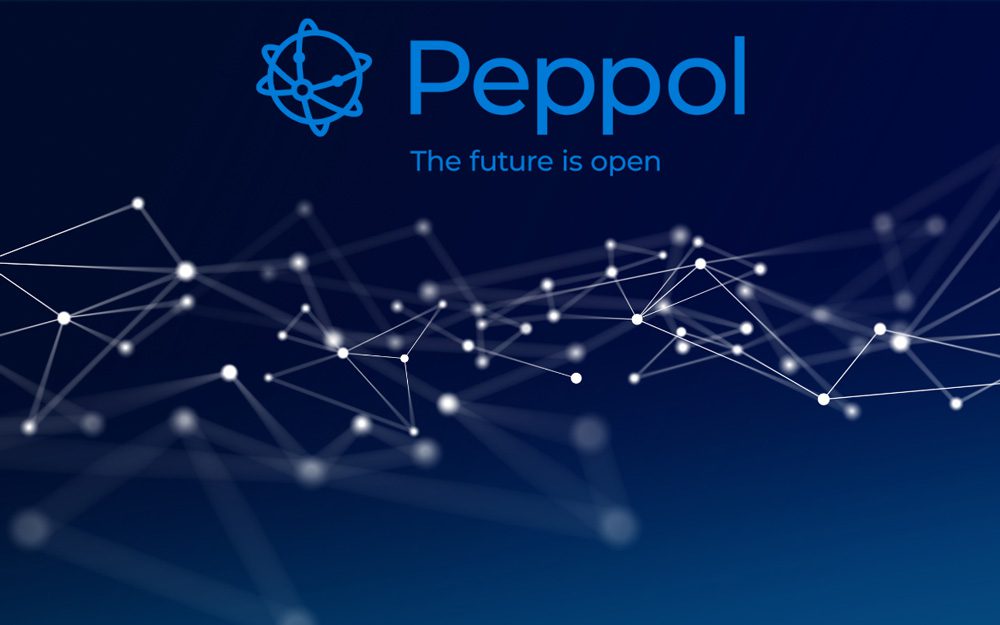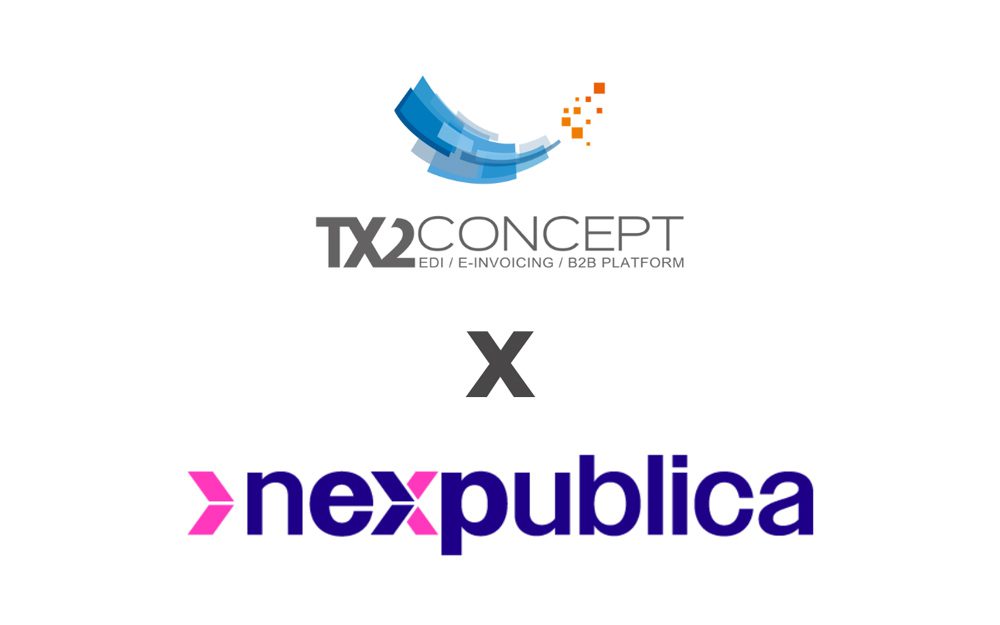Today, there is no question yet on a mandatory inter-companies’ invoices dematerialization. For now, e-invoicing has been implemented by the ordinance of June 26th, 2014 for public markets only. It became mandatory on January 1st, 2017 for companies of more than 5,000 employees and since January 1st, 2020 it has been affected all companies responding to calls for tenders.
Large companies, mid-size companies, SMEs and very small businesses use the chorus pro portal to submit invoices intended for the State, local authorities and public establishments.
The Government intends to extend this mandatory to inter-companies’ relations very soon.
Inter-companies invoices dematerialization: not so simple
Be careful, many people confuse e-invoicing and tax-compliant dematerialization of invoices. Indeed, in the legal framework that should come into force, sending an invoice by email in PDF format (simple dematerialization) is not enough for it to be considered as tax compliant. For your invoice to be considered valid, it must be:
- Authentic: you must be able to prove its origins authenticity. The invoice must have been sent by its issuer or under its control.
- Honest: the invoice must not be able to be modified during the process. That is to say, the data must remain the same throughout its journey to the recipient and until the end of its electronic archiving.
- Readable: the generated file must be readable and interpretable by everyone, regardless of the stakeholder.
Inter-companies e-invoicing: a mandatory implementation between 2023 and 2025?
As we have stated previously, today, e-invoicing is legally mandatory only for the issuing of invoices intended to the State, local authorities and public establishments. But the government wants to extend this mandatory to the inter-companies’ relations.
Indeed, the article 153 of the 2020 finance law promulgated at the end of 2019 plans to generalize the mandatory e-invoicing for relations between companies subjected to VAT. It would be effective on January 1st, 2023 at the earliest, January 1st, 2025 at the latest and would concern all French companies subjected to VAT.
Like what has been established in the public sector, the mandatory should be applied gradually depending on companies’ size and their business sector. So, it is very likely that the largest companies will be impacted first.
Why is the government so keen to apply the invoices dematerialization to the private sector?
The dematerialization of inter-companies’ invoices aims to:
- Simplify VAT returns thanks to online pre-filling
- Reduce payment periods and costs associated with paper invoices processing by digitizing the invoicing process and integrating automatically invoices into companies’ accounting systems
- Fight against tax fraud thanks to the collection and operation of invoicing data by the DGFIP
TX2 CONCEPT and the invoices dematerialization: an expertise that’s nothing new
For more than 25 years, TX2 CONCEPT has been supported companies with dematerialization solutions.
TX2 CONCEPT, through its solutions had anticipated the connection to Chorus Invoices when it had become mandatory to facilitate the generation and sending of invoices to it, in line with the prerequisites established by the AIFE.
TX2 CONCEPT has already anticipated the actions it will have to take for future connections to the portal, as part of Chorus Invoices, but for the private sector. Moreover, if you already wish to move on to the dematerialization of invoices, we invite you to discover our TX2 E-INVOICING solution. Our solution, which can be integrated to any type of ERP, automates the flow of invoices in complete transparency for the user.
The best thing? Our teams continuously adapt this inter-companies’ dematerialization solution to the latest technical and legal prerequisites, not only in France but also in all the geographic areas where our customers operate. So, don’t be afraid to contact us to deploy projects internationally.

